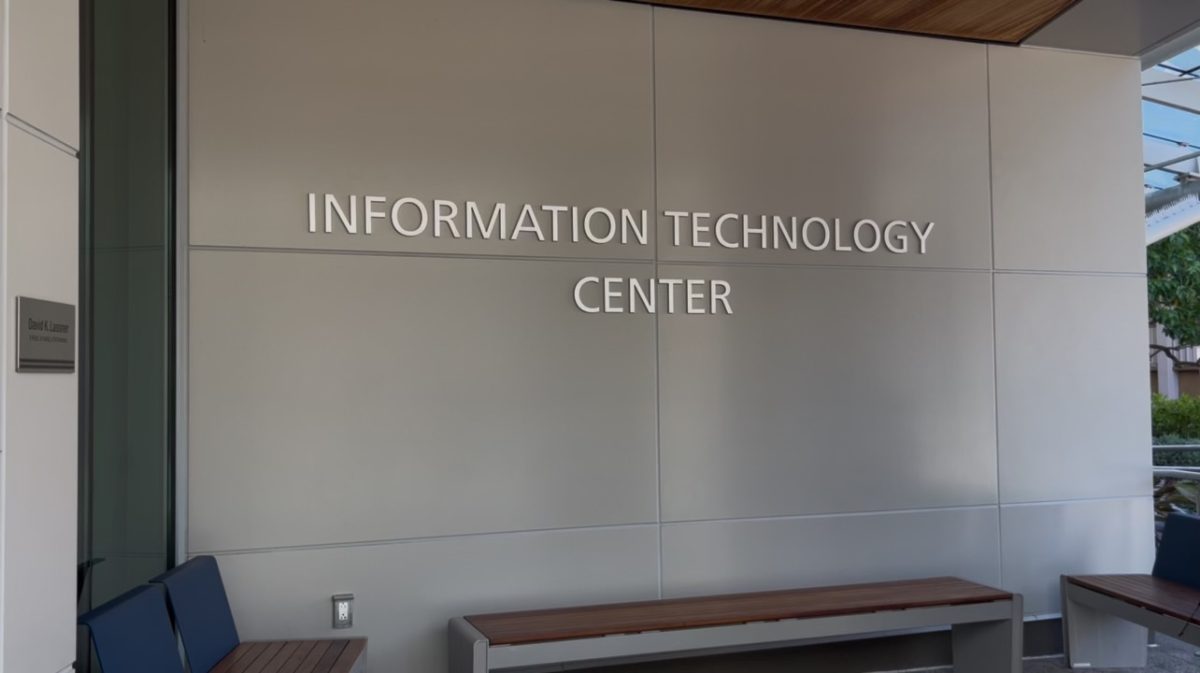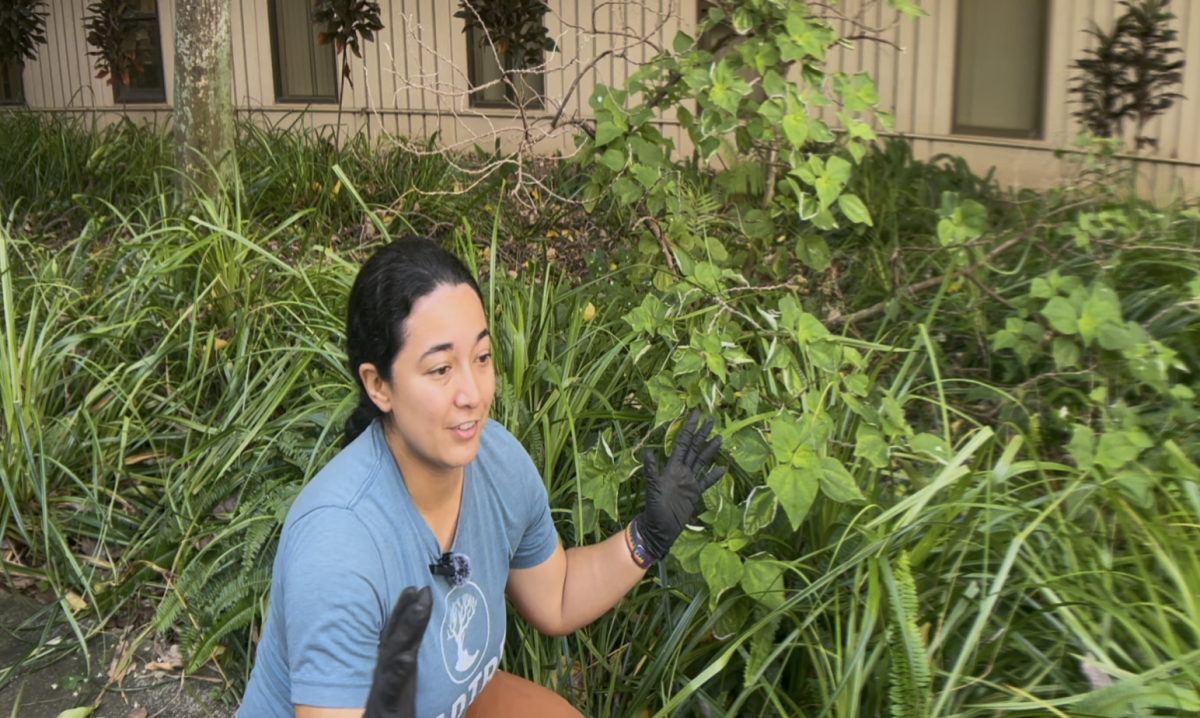More than 2 million criminal records in Hawaiʻi — ranging from petty misdemeanors to nonviolent Class C felonies — could be wiped clean under Senate Bill 2706.
That proposed process initially would have automated the expungement of documents about such crimes throughout the state. But a recent change to the bill inserted a new committee into this idea that would further sort out all of the potential ramifications of tossing out these documents before that happens.
“Convictions follow you around, pretty much the rest of your life,” said Sen. Karl Rhoads, chair of the senate’s judiciary committee. “There are people who make mistakes early on in their lives, and then never make them again, and it doesn’t seem fair to saddle them with a conviction on their record forever.”
The bill was amended on Tuesday to first establish a “Clean Slate Expungement Task Force,” after concerns were raised by the Department of the Attorney General, in written testimony, about the logistical challenges of automating a process that would affect millions of cases.
About one in every three adults in the United States has a criminal record, according to the National Conference of State Legislatures.
While these records can hinder a person’s ability to get a job, find housing or even pursue higher education, the Department of the Attorney General claimed in its testimony that such widespread expungement would “severely impact” the ability of law enforcement and the judicial system to make appropriate charges. It also would hinder members of the public, such as employers and landlords, from making fully informed decisions.
While the proposed Task Force will still focus on facilitating the expungement process for qualified cases, Sen. Brandon Elefante said, that force also will be easier to integrate into the existing judicial systems than a new and fully automated process.
“The route of a task force,” Elefante said during the hearing, “I think that’s the better approach.”








